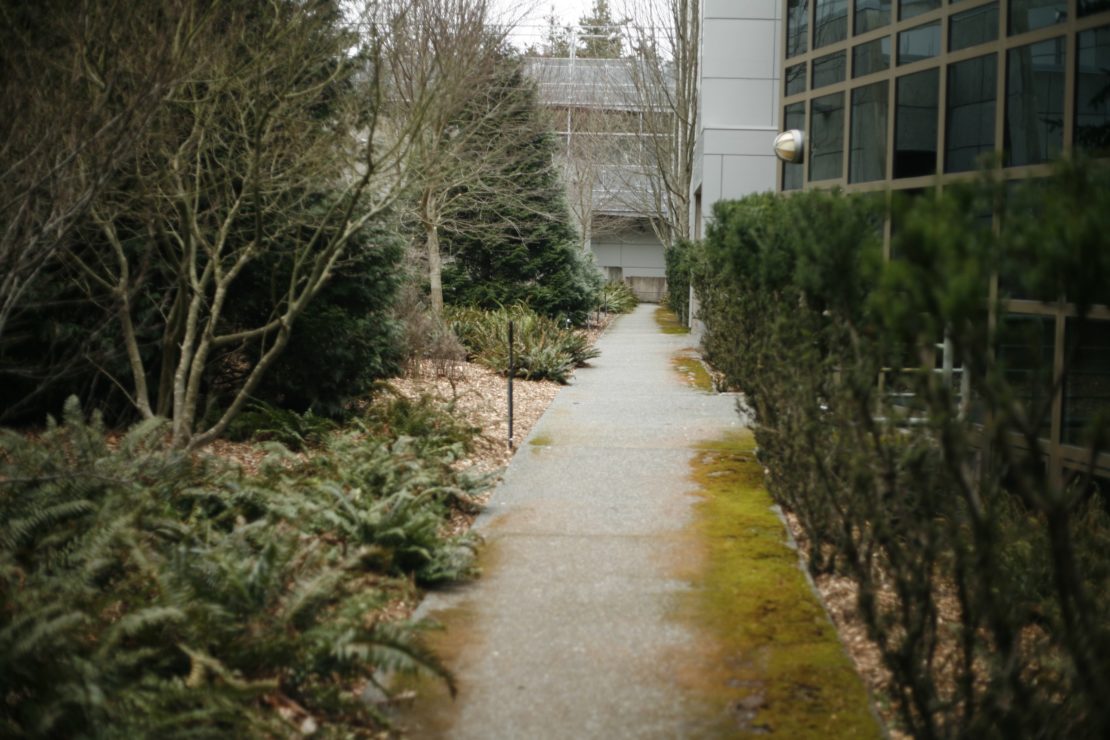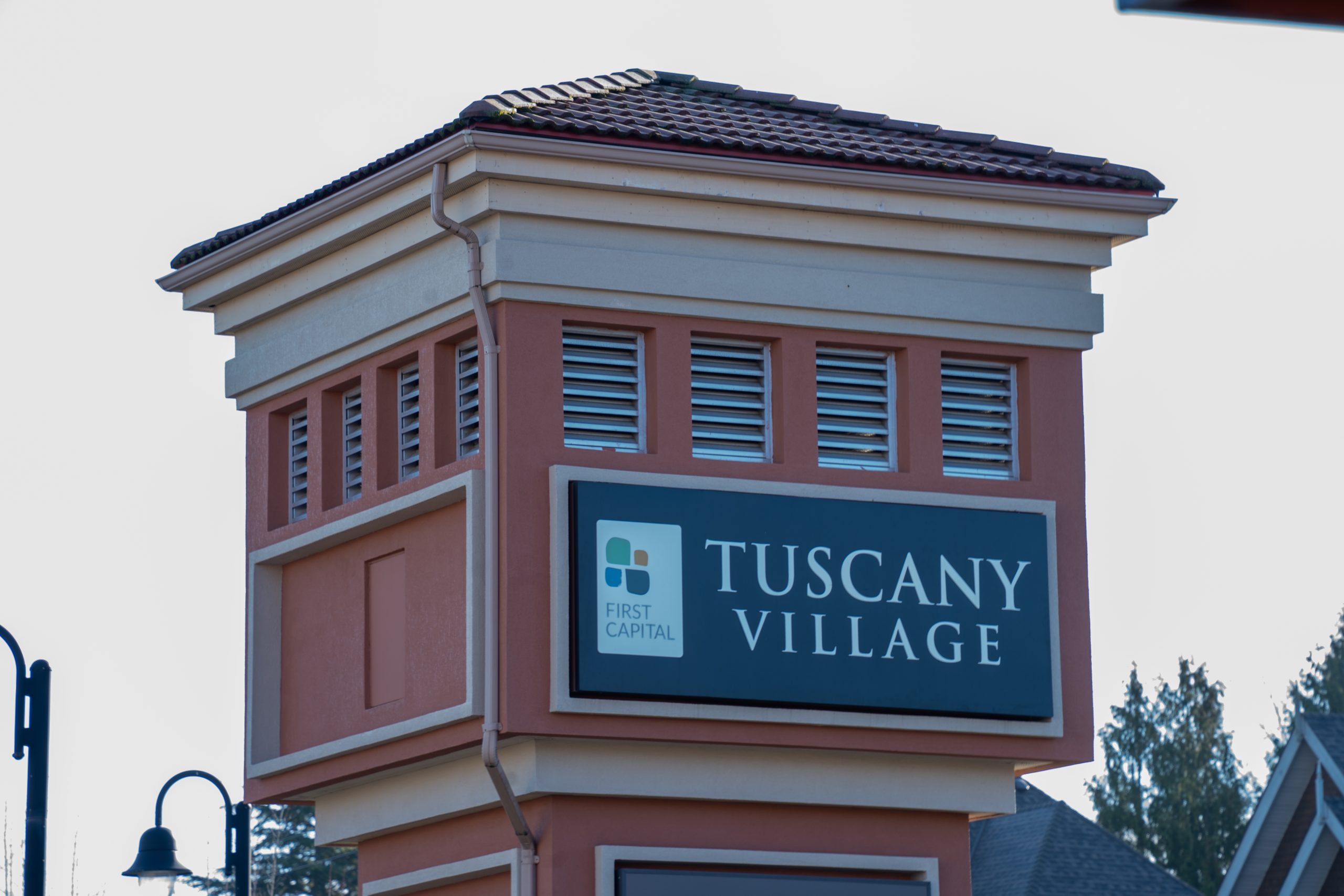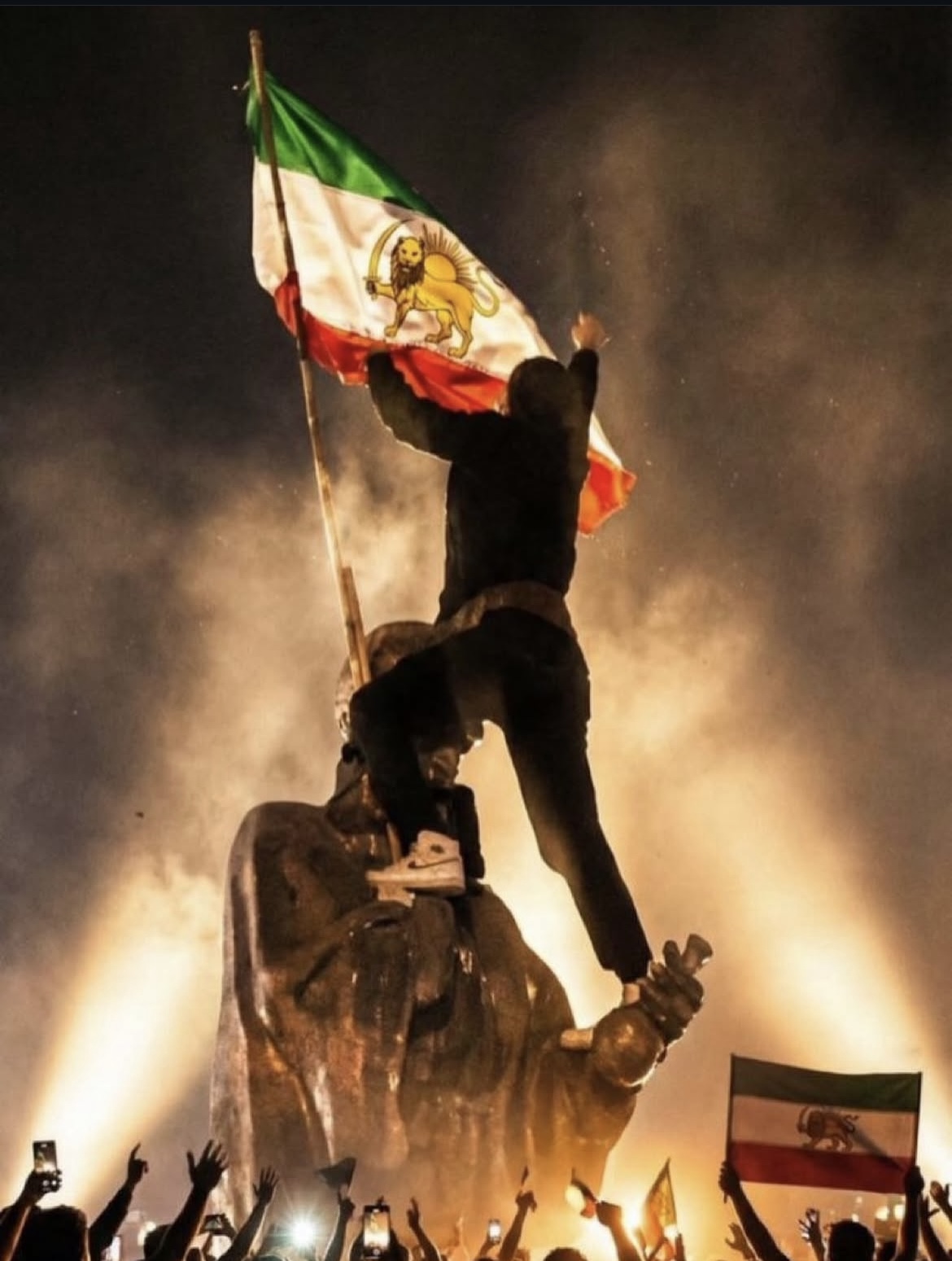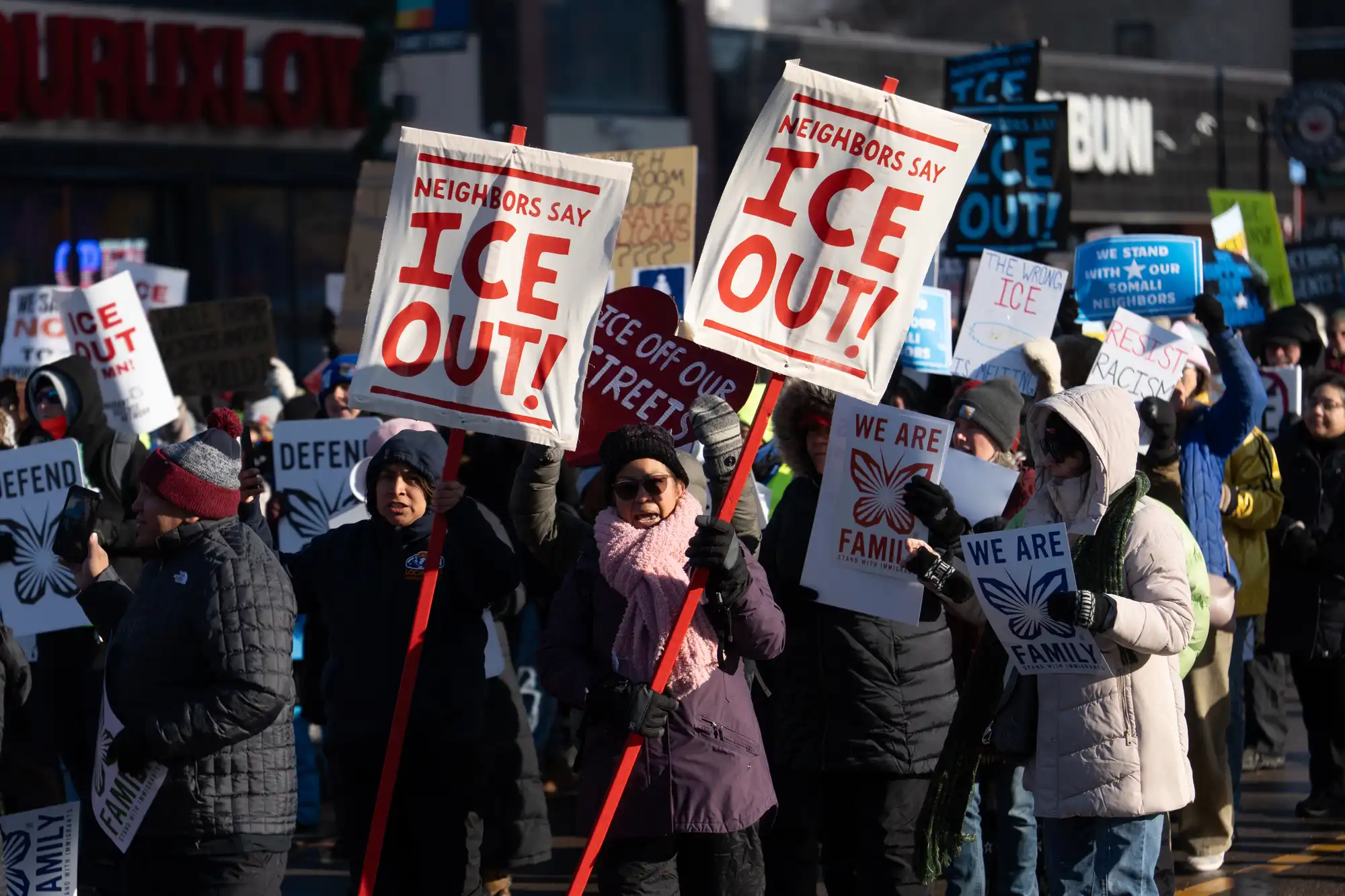Community-centered resilience is key in dismantling institutional oppressions

In response to the Atlanta shootings last week, UVic President Kevin Hall put out a statement. Hall is committing to dismantling “these systems of oppression” that perpetuate the ongoing realities of white supremacy, xenophobia and misogyny among other forms of oppression by developing a new equity action plan and committing to “practices of equity, diversity, accessibility, inclusion and dialogue.”
Last summer, when George Floyd was killed by Minnesota police, then-President Jamie Cassels put out a statement using similar language. Cassels challenged the university community to register and attend seven or so hours of anti-racism training.
What happened in Atlanta — a racial, misogynistic, and sexually charged act carried out by a white Christian man attempting to ‘eliminate’ his supposed sexual temptations by killing working-class Asian women — is just one in a long line of injustices stretching from the early years of empire to today. We can shuffle around equity plans and anti-racism workshops, but what do these top-down directives really bring to the table?
Both the left and right conflate anti-CCP sentiment with anti-Chinese sentiment, and ignore the long traditions of racist and misogynist policy and culture that is written into the backbone of capitalist settler-states. Leadership at the top rarely gets these issues right, simply because structures of oppression put them there in the first place.
UVic’s own research portrays the stark reality that racialized people face here in B.C. Faculty have long asked UVic to make structural changes beyond optics, to properly fund, recruit, and compensate those who engage in anti-racist work. In an article published in the Tyee, philosophy Associate Professor Audrey Yap wrote that change won’t come from good intentions, but from an overhaul of structures that entrench racism in institutions.
“If university administrations are making statements about the importance of their institution’s anti-racist scholarship, then the scholars doing that work need adequate support,” said Yap. “Anti-racism work is just that: work. Structural change does not magically arise from people’s collective good intentions.”
Hall’s equity action plan remains vague. Its website is filled with corporate language that doesn’t resonate with me as a student.
“As a community, we are engaged in an institutional equity action planning process and I urge us to continue to dedicate ourselves to working toward actions that help us realize our collective commitments to equity, diversity, inclusion and anti-racism,” said Hall.
Actual progress cannot rest on the shoulders of exceptional individuals such as Moussa Magassa and those highlighted in UVic’s statement on the International Day for the Elimination of Racial Discrimintation. Activists and visionaries burn out if not properly supported. Nurturing and supporting communities that produce liberation work — to a point where this is the norm and not the exception — is the only way to break free of this vicious cycle.
So the question is: how do we break apart these layered, intergenerational webs of hatred and ignorance on the matters of race, sexuality, and gender that inflict harm here in our university?
It starts with a transparent implementation of the calls to action by the Faculty Association and the Graduate Students Society. It truly begins when we start giving marginalized communities time, support, and space to grow their resilience and voice within their own institutions.
To evoke UVic presidential language — I also have a challenge for you. As said by the late John Lewis: “Continue to build union between movements stretching across the globe because we must put away our willingness to profit from the exploitation of others […] let them say that it was your generation who laid down the heavy burdens of hate at last and that peace finally triumphed over violence, aggression and war.”
Solidarity is now a corporate buzzword. Let’s bring it back to its roots.
Your liberation is bound up with mine. Our success is dependent on how we build and mobilize communities to fight for the change we need.







